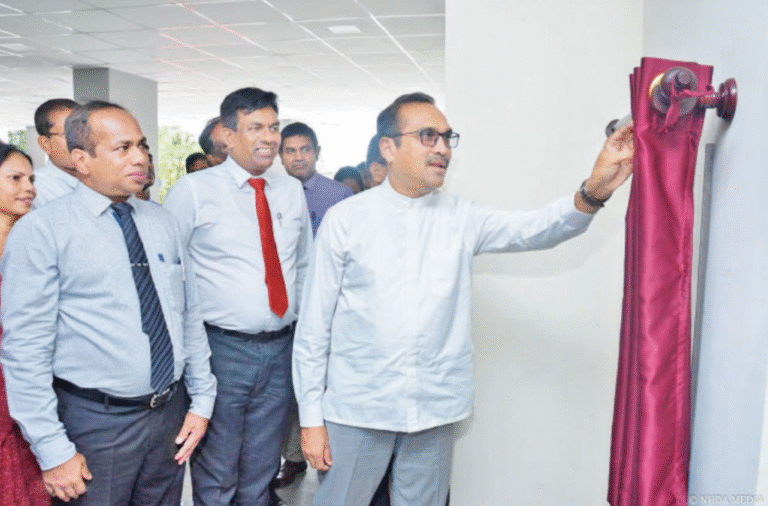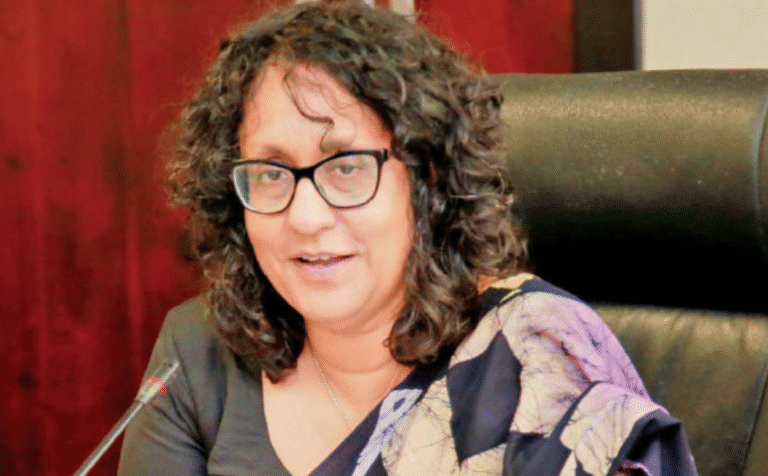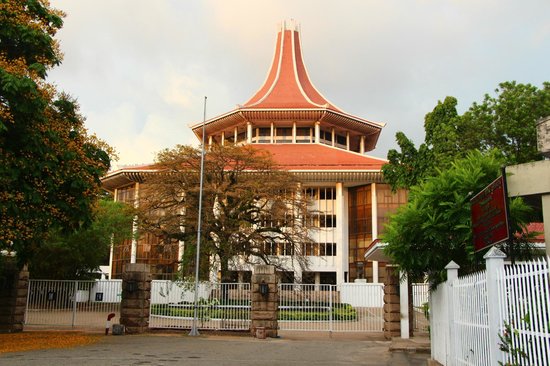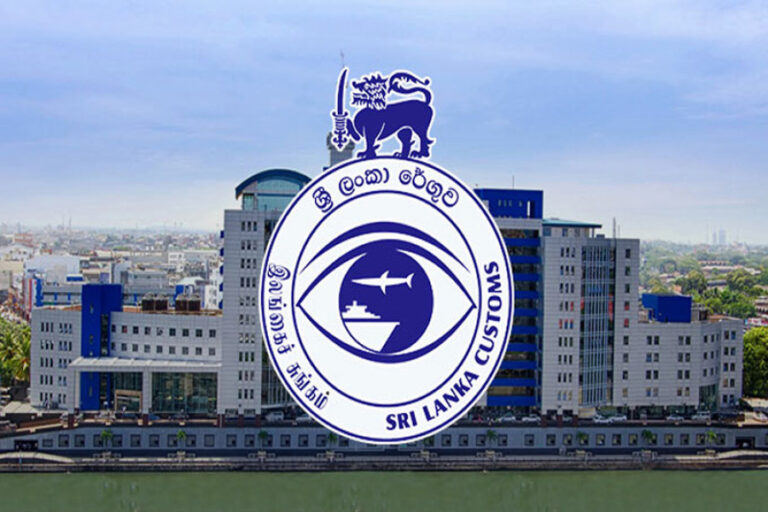The Lanka Wharf Services Union has rejected recent allegations surrounding the release of 324 containers by Sri Lanka Customs, describing the claims as politically driven attempts to discredit standard customs procedures.
Speaking at a press briefing held yesterday at the Sambodhi Vihara in Colombo, Union President Ranjith Liyanarachchi, a veteran of over 34 years in customs operations, assured that all container releases are carried out under strict protocols involving scanning, documentation, and risk-based inspections.
“Containers are never released without proper scrutiny,” Liyanarachchi emphasized. “Out of the nearly 1,500 containers arriving daily, only selected units are inspected based on documentation and risk assessments. Conducting a physical check on every single container is impractical and would lead to severe congestion and delays in port operations.”
He noted that Customs retains the authority to re-inspect any container even after release and that each consignment’s documentation and importer history are thoroughly reviewed. “We are confident in the systems we have in place. The containers in question were released according to procedure, and the goods inside matched the declared contents,” he said.
Union Secretary Irshad Niyas backed Liyanarachchi’s remarks, asserting that the criticism currently being directed at the Minister in charge is misinformed. “These decisions are not made by individuals. They are collective decisions by Customs teams based on operational needs and protocols,” Niyas explained.
He also dismissed speculative reports circulating in media and on social platforms, which claimed that the containers held illegal items such as firearms, explosives, or gold. “These are completely false and sensational. If there truly were weapons or illegal goods, the proper authority to contact would be the CID, not social media,” he stated.
Niyas further refuted claims that the containers were linked to political figures, including the Western Province Chief Minister. “There is no truth to that. Customs has functioning scanning systems and follow-up protocols. If necessary, any container can be inspected again,” he reiterated.
Responding to a list of container numbers made public by former Minister Udaya Gammanpila, Niyas said, “According to our operational knowledge and experience, none of those containers raise red flags.”
Union Vice President Nilantha Kumara and Treasurer H. Irshad also addressed the media, stressing that Customs operations continue to run smoothly despite efforts to politicize routine procedures.
The union urged the public to place trust in the established processes and to avoid being misled by misinformation and unverified claims.











